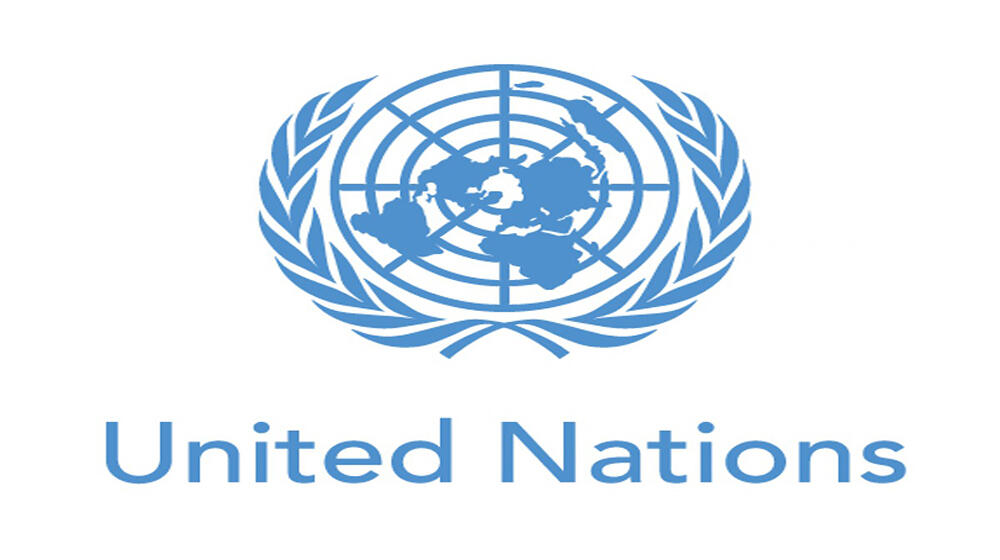26 September 2024
We are closely monitoring the alarming developments in the region. Over the past few days, we have witnessed an influx of thousands of Syrians and Lebanese crossing into Rural Damascus, Homs, and Tartous Governorates.
We welcome the Government of Syria’s decision to open all border crossings to civilians arriving from Lebanon. These are traumatised people fleeing hostilities for their lives. Some families have reported travelling for two days to reach the borders, while others have traversed treacherous mountains on foot, arriving in a state of desperate need and exhaustion.
The UN and partners are working closely with the Syrian Arab Red Crescent, and mobilising an immediate response providing water, food, mattresses, blankets, and other essential non-food items. Humanitarian partners are stationed at the borders to monitor the situation and conduct needs assessments.
We reiterate the Secretary General’s call for de-escalation in the region and its far-reaching repercussions. We cannot afford more humanitarian crises, as the resilience of the people has already been tested beyond measure. In Syria, 16.7 million people need humanitarian assistance, while the humanitarian response remains underfunded, with just over 25 per cent of the financial requirements met to date.
The international community must come together to prevent further suffering. It is our collective responsibility to act swiftly and effectively.
For more information:
Ghalia Seifo, Public Information Officer, OCHA Regional Office for the Middle East and North Africa Mobile: + 962 79 897 4125 | E-mail: seifo@un.org
Disclaimer
- UN Office for the Coordination of Humanitarian Affairs
- To learn more about OCHA's activities, please visit https://www.unocha.org/.


